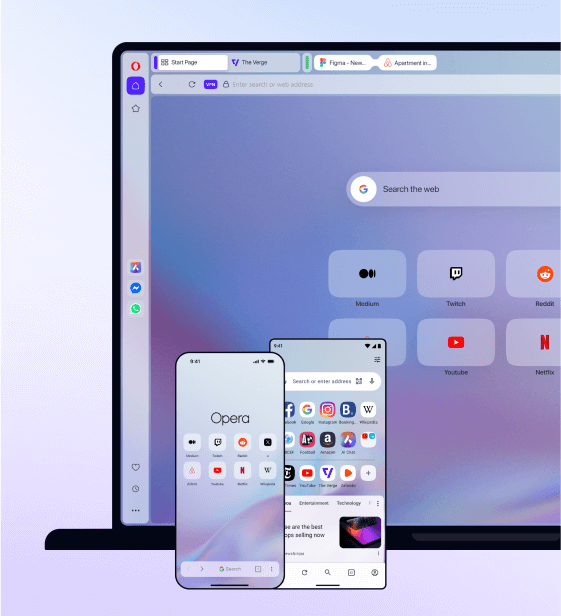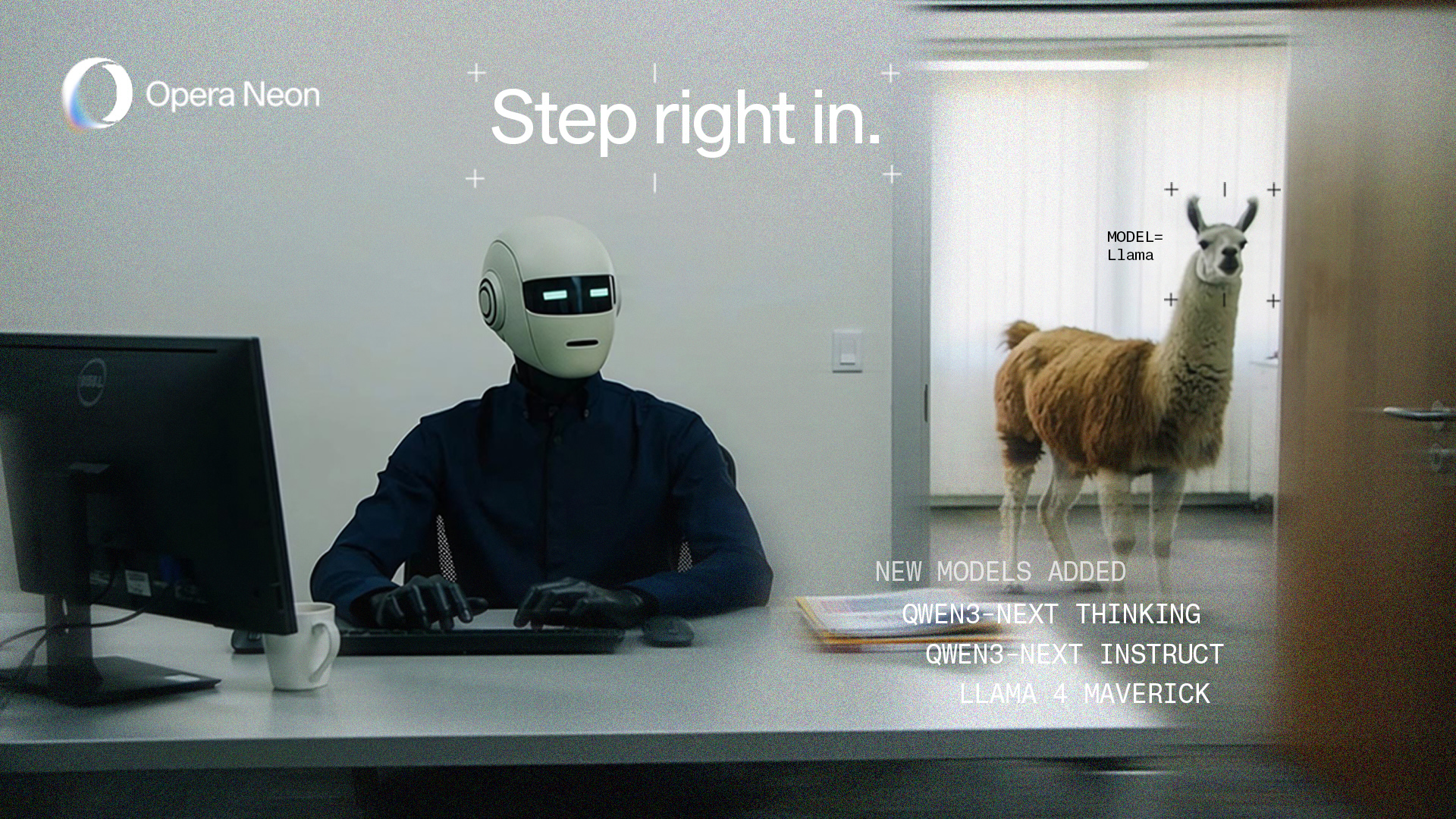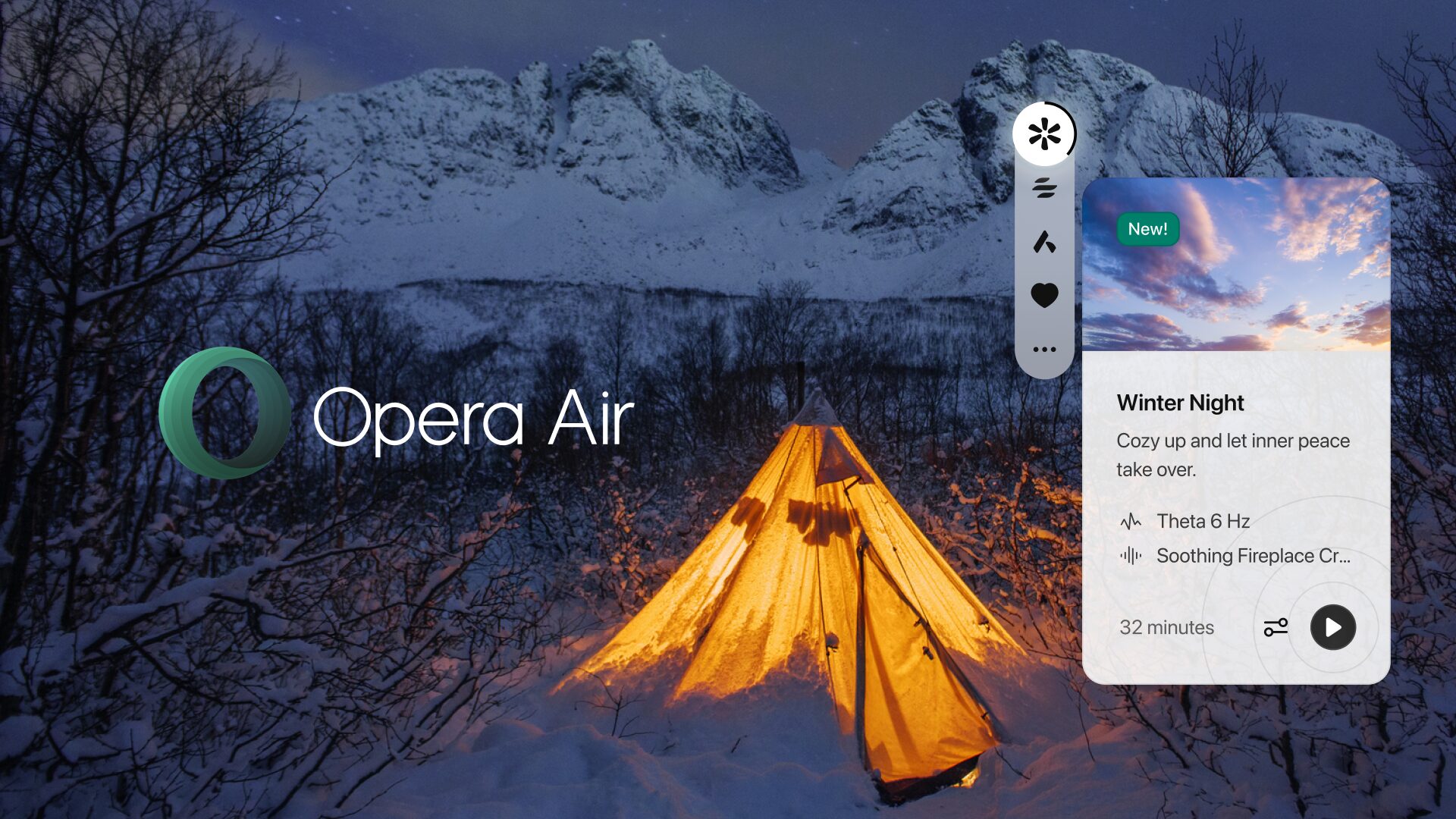What does VPN mean and should you use one?

VPN’s are more popular than ever. Have you jumped on the private network train yet? If not, here’s a quick summary of what a VPN actually means and why there’s all the buzz around it.

The internet can feel like a bit of a jungle (and not always a safe one) at the best of times which is why more people are looking closely at what is happening to their data online and how can they get more control over privacy and security.

Recently we released the first totally free, unlimited VPN in Opera’s browser for computers and we already have mobile VPN apps serving a similar purpose on iOS and Android. This is pretty exciting, but what does that actually mean for the people using them?
Great to see @opera investing in security and privacy for its users. Will another browser company follow? https://t.co/S1BXBpWEUO pic.twitter.com/xGtWIpQrBg
— Tim McDonough (@timamcdonough) September 21, 2016
.@opera OK. I’m impressed with the built-in VPN of your new browser. Switching as my default!
— David Chow (@davidchow) September 21, 2016
So, what does VPN mean?
VPN stands for “virtual private network”. It creates a private, encrypted connection between your computer and the remote VPN server. The VPN server then proxies your connection to the website, making it harder for websites to track you online.
In other words, using a VPN means changing your online location, making it appear like you are browsing from another part of the world than where you actually are.
But why should I use a VPN?
Traditionally VPNs were commonly used by businesses who had several office locations. For example, Opera has offices and people working remotely from all over the world which means data has to be sent and accessed from lots of places and VPNs allow us to do this more securely.
But, more and more, VPNs also got on the agenda of regular internet users. Why?
In a nutshell, switching on a VPN means you get more privacy, security and even access to more content online.
More privacy & security – A VPN enhances your online privacy , protecting your personal data. It’s especially useful when surfing on public Wi-Fi networks: it means that even when you are visiting a website, your browsing activity is hidden from other WiFi users. This also means it’s harder for sites to track you, boosting your privacy even further.
More access – Using a VPN replaces your IP address with a virtual one, meaning you access your favorite online content more easily.
Pretty nifty right?
At Opera, we believe a VPN means more control over your experience online, which is so important we’ve put it in our browser for computers and released free VPN apps for iOS and Android.
So, no matter where you are or what device you are on, give it a try and see what VPN technology can mean for your web experience.
What does VPN mean for you? Let us know in the comments below















